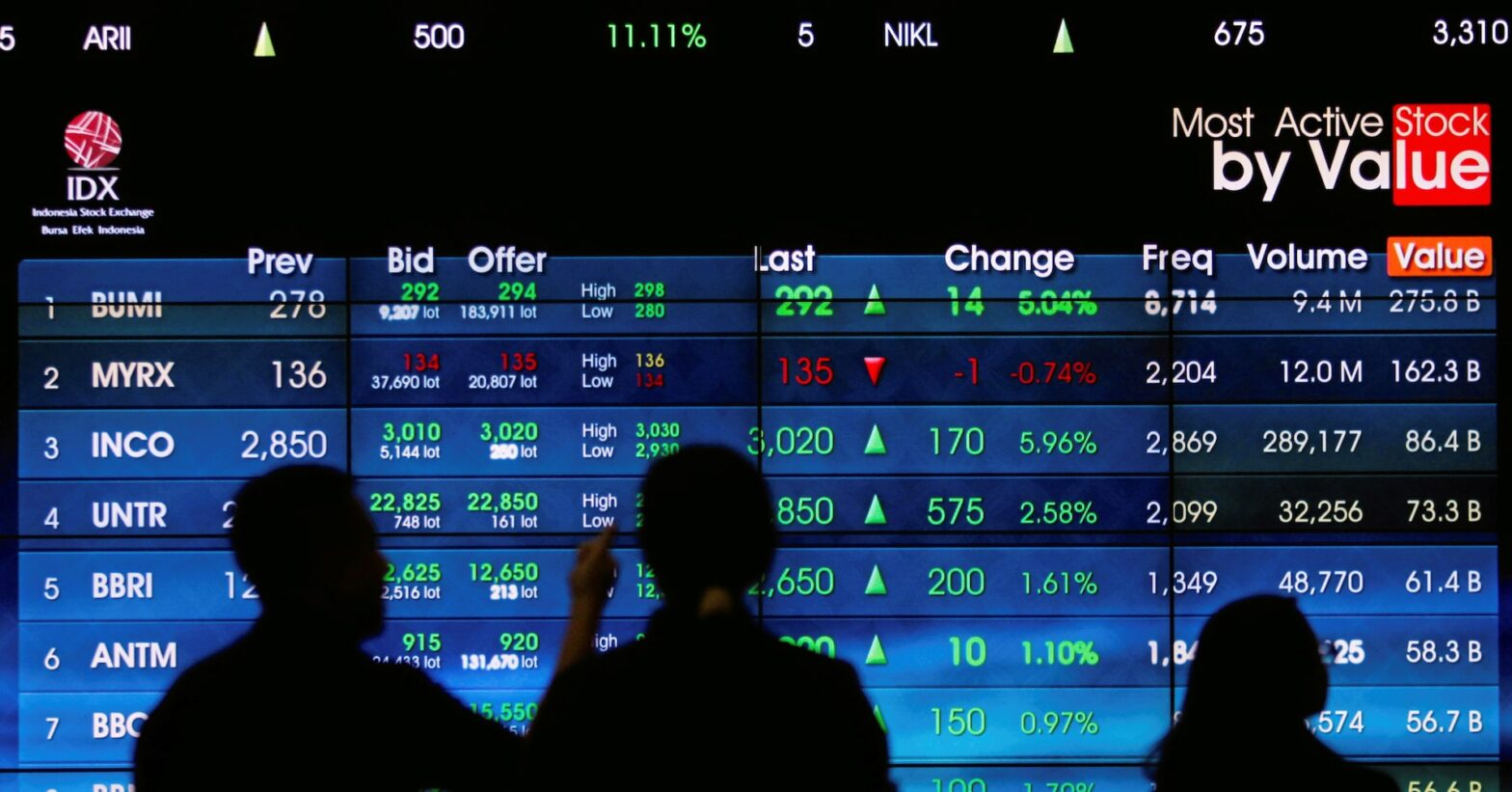
Visitors stand next to an electronic stock board at the Indonesia Stock Exchange in Jakarta, Indonesia November 8, 2016.REUTERS/Iqro Rinaldi/File Photo Purchase Licensing Rights, opens new tab
March 25 (Reuters) – Foreign investors have soured on Southeast Asian markets as the rising threat of U.S. tariffs, worries over domestic growth and a surge in Chinese stocks prompt them to look elsewhere for gains.
Stock markets in Thailand
, Indonesia
, Philippines
and Vietnam
have seen a combined foreign outflow of $4.16 billion so far this year, their biggest combined first-quarter outflow since 2020.
Sign up here.
While these countries were expected to benefit from U.S. tariffs on China as they did during President Donald Trump’s first term, the reciprocal tariffs he has proposed this time have brought the region into the crosshairs of the trade war.
That uncertainty along with worries about economic growth and currency weakness have led to an exodus of foreign money.
“For emerging market investors, there is little reason to be invested in ASEAN in the near term,” said Gary Tan, portfolio manager, Allspring Global Investments, referring to the 10-country Association of Southeast Asian Nations (ASEAN) that includes countries from Singapore to Cambodia.
Tan cites weak domestic consumption, declining trading volumes and their lack of exposure to the artificial intelligence sector as reasons for investors steering clear.
Chinese equity funds meanwhile have lured overseas investments of $3.3 billion this year, LSEG Lipper data showed, on the back of exuberance around startup DeepSeek’s AI models.
The renewed investor interest in China has propelled Hong Kong shares. The Hang Seng Index
is up 17% this year, making it the world’s best performing major stock market.
In contrast, the FTSE ASEAN 40 index
has fallen over 4%, marking its worst first-quarter performance since 2020.
Thailand’s SET index
is the world’s worst-performing major equity index in 2025, with a decline of 15% so far.
Indonesia’s Jakarta Composite Index
has fallen nearly 14% this year, plunging on Monday to its lowest level since August 2021 as President Prabowo Subianto’s massive social spending plans and fiscal worries rattle investors.
“Investors’ caution toward ASEAN may persist in the near term, especially as global portfolios lean toward economies with stronger growth visibility and policy flexibility,” said Charu Chanana, chief investment strategist at Saxo.
Analysts expect the shift of capital towards China to persist because Chinese stock valuations are cheaper.
The price-to-earnings ratio measure on MSCI’s index of ASEAN stocks
(.MISU00000PUS), opens new tab
is around 13, higher than China’s 10 and the broader Asia region’s 12.75.
Currency volatility in Southeast Asia, which erodes investment returns, is also a concern.
Reporting By Patturaja Murugaboopathy and Gaurav Dogra in Bengaluru, Ankur Banerjee in Singapore; Editing by Vidya Ranganathan and Christian Schmollinger
Our Standards: The Thomson Reuters Trust Principles., opens new tab


















